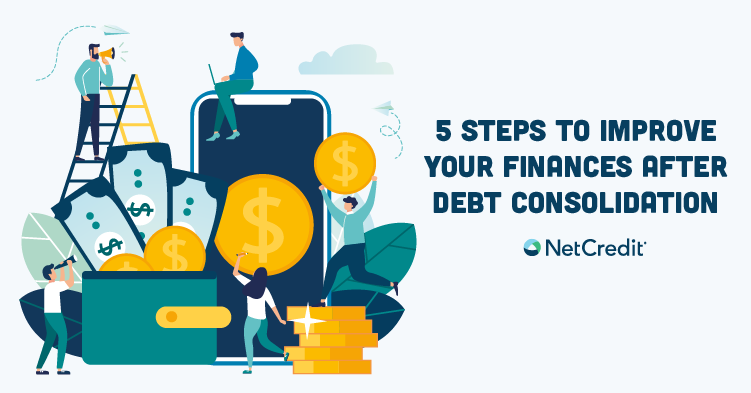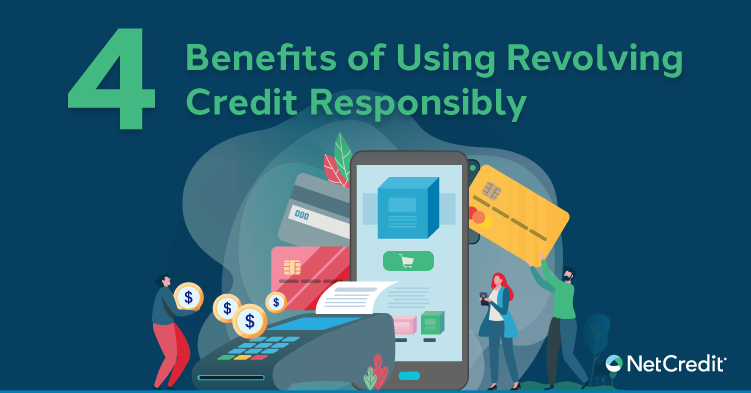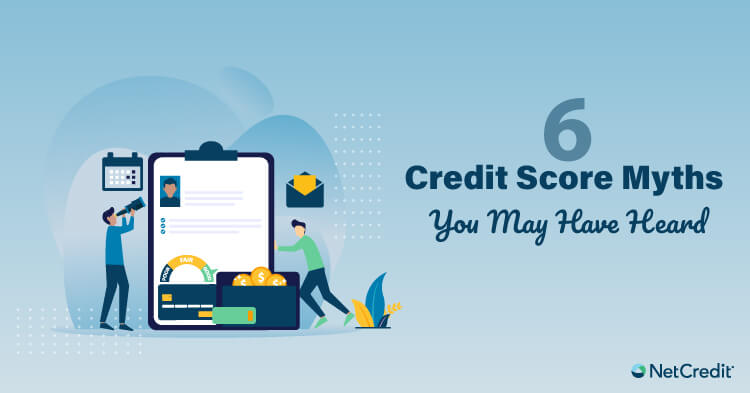Debt consolidation is distinct from debt elimination or debt relief — it is the process of combining two or more debts into a single, more manageable loan. If you’ve decided to consolidate debt, you know that it isn’t the end of the road.
What should you do after taking out a debt consolidation loan? Now is the time to adopt positive financial habits and start a new path. Follow this guide for five strategies to improve your finances after consolidating debt.
1. Make Your Payments Automatic
Aim to never make a late payment if you have a debt consolidation loan (or any other type of credit debt). If possible, consider using automatic bill payments so you’ll never forget to make a payment again. Make sure that your budget allows for these payments to be automatically withdrawn on the particular payment date so you don’t experience an overdraft. Contact your lender for more information on automatic payments.
2. Watch Your Credit Score
Debt consolidation may be part of a larger plan that can lead to better financial health, but won’t improve credit on its own. Why should you care about your credit? While it may take a while to raise a low score, good credit can help you secure low-cost financing, an apartment or even a job in the future. Check your credit report for free to keep an eye on your credit score.
3. Prepare for Financial Emergencies
If an unexpected bill comes your way, do you have an emergency fund you can access? Though it might not be possible to put a lot of money aside if you’re repaying debt, aim to save money when possible. Try to put money away in a separate savings account with each paycheck, whether it’s just $10 or $20 a month.
If you don’t have an emergency fund, personal credit is helpful for quick cash and unexpected bills, but using more of it on a dedicated repayment plan can keep you in debt longer and make it harder to repay. If you need to borrow money again in the future, some types of personal credit may be better for unplanned expenses.
Revolving credit, such as a personal line of credit or credit card, are available to you when you need access to money. These forms of personal credit allow you to borrow just the amount that you need, so you’d only pay interest on the amount you use.
4. Prioritize Good Financial Habits
While everyone experiences the occasional unexpected expense from time to time, changing the behavior that caused the debt can improve your overall financial health. Adopting a few positive financial strategies can help you avoid credit issues and put you on a debt-free path over time. Here are a few tips to help you prioritize positive financial habits:
- Work out a new household budget, and include all members in your financial plan.
- Reduce or eliminate non-essential purchases when possible. Look for free alternatives to entertainment, personal and self-care, gym memberships and other types of expenses.
- Aim to always spend less money than you make to keep your financial lifestyle in check.
- Always look for the best price, from food, clothing and everyday essentials to holiday shopping and seasonal expenses.
5. Increase Your Income
A higher income can increase your budget and make it easier to manage payments and other financial responsibilities. Whether you’re looking for work or want to change careers, there are a number of growing industries to pursue during a financial recession.
Although a part-time or higher paying job can grow your income, it’s not the only way to earn more money. These tips can help increase your income without taking on another job:
- Rent out an extra bedroom for income each month or use a service like Airbnb to earn money while you’re out of town.
- Sell crafts, handmade goods or other products online on sites like Etsy or eBay.
- Sharpen your soft skills or look for job-related training to land a promotion or get a raise at your current job.






